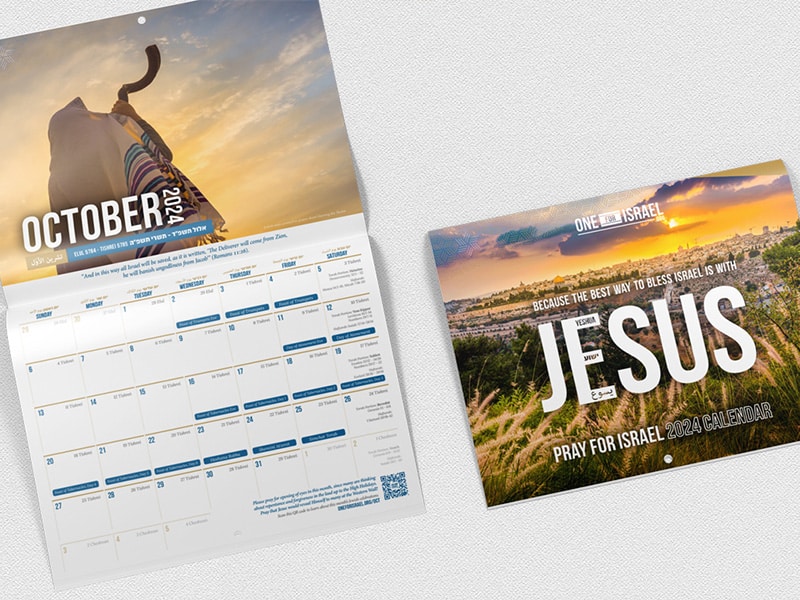“The LORD spoke again to Moses, saying, ‘Speak to the sons of Israel and say to them, “The LORD’S appointed times which you shall proclaim as holy convocations — My appointed times are these”‘” (Lev 23:1-2).
There is a prevalent attitude among many Christians outside of Israel. “Since we are not under the law, and the feasts are only a shadow (see Col 2:16-17; Heb 10:1), they are no longer necessary or important.” This attitude is typically accompanied by a lack of careful and committed study of the Hebrew Scriptures, and always brings with it a severely impaired ability to understand the New Testament's presentation of the person and work of Yeshua.
While I am in full agreement that believers are no longer bound to live their lives under the legislation of the Sinai Covenant (i.e., the old covenant or the law), believers are absolutely obligated to live their lives under the inspired light of the revelation of Scripture. And the New Testament authors are insistent that ALL SCRIPTURE is inspired, profitable, and essential for leading us into a deeper knowledge of the person and plan of the eternal God of the universe (see Luke 24:44-45; Rom 15:4; 2 Tim 3:15-17).
God no longer demands of Yeshua's disciples to keep the appointed times out of an obligation to a covenant, but he longs for them, in fact demands of them, to study the appointed times as inspired Scripture about his Son (see Rom 1:1-3)!
The word translated “appointed time” comes from the root of a Hebrew verb that means “to meet.” The tabernacle is also called the “tent of meeting,” a special place where God would meet with his people (see Exod 25:22; 29:42-43; 30:6, 36). The New Testament authors go to great lengths to show us how God used the “appointed times” of Leviticus 23 to meet with and redeem for himself a new covenant people.
Yeshua often healed on the Sabbath because he is our Sabbath rest (Lev 23:3; Matt 11:28-30). Yeshua died on Passover as our Passover lamb (Lev 23:5; Matt 26:17; John 1:29) and rose again as the firstfruits from the dead (Lev 23:10-11; 1 Cor 15:20-22). The Feast of Weeks is the day on which Yeshua poured his Spirit upon his followers (Lev 23:15-16), and the writer of Hebrews leans heavily upon the Day of Atonement to describe the significance of Yeshua's sacrificial death (Lev 23:27; Heb 9:7). The Gospels describe Yeshua's transfiguration and triumphal entry by means of allusions to the Feast of Tabernacles (Lev 23:34; Matt 17:4; 21:1-11), and Yeshua proclaimed himself to be the provider of living water on the seventh, most holy day of this feast (John 7:37-38).
So much more can also be said about how the prophets of the Hebrew Bible, who lived hundreds of years before the New Testament was written, also regarded these appointed times as prophetic portents of the coming Messiah: e.g., the Prophet Isaiah described the Messiah as a Passover lamb (Isa 52:10 – 53:12); the Prophet Zechariah likened the Feast of Tabernacles to an eschatological gathering of the harvest of the nations (Zech 14:16).
But let's face it. Our Christology (our theology of Jesus) is spiritually malnourished whenever we neglect to seriously study the Hebrew Scriptures. And it is through the appointed times of Leviticus 23 that the Messiah of Israel gloriously and miraculously meets his people and reveals himself to the world!
“Now when He was in Jerusalem at the Passover, during the feast, many believed in His name, observing His signs which He was doing” (John 2:23).














